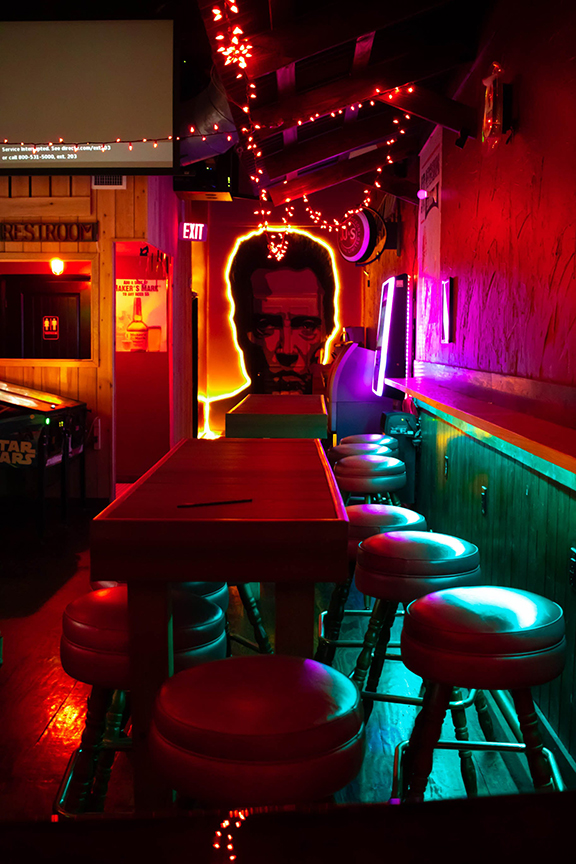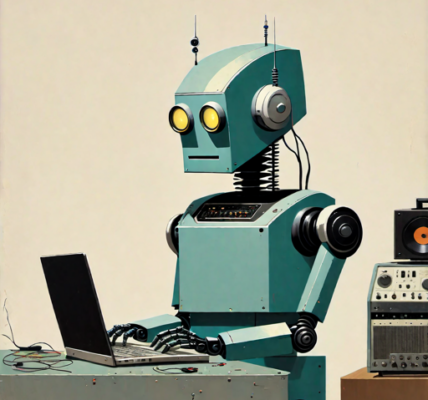
David C Lowery, a working musician of over 40 years and senior lecturer at the University of Georgia wrote an article back in 2016 about the financial logistics of touring. He’s got extensive experience in quantitative finance and entrepreneurship in the music business, so you are guaranteed a real breakdown when you hear it from him.
An article he wrote in the Trichordist stated that a middle class working band, on an average face value ticket of $20, grosses around $1560 per show, and pays about $1450 in expenses for that show to the crew(s), venue, touring costs, etc. When hitting bigger cities, the band might be able to score 500 to 800 per person, but that only averages out to be around 20-25 shows per year. Then you consider bands cannot play every single night; their drivers would fall asleep at the wheel. There aren’t enough venues available for every band every night. And this was 2016. In 2020, we had Covid. That pushed the prices even higher, as venues played catch up with backlogged promises.
Today, the venues are saturated. A lot of artists are touring strong. Middle class and small bands are having a harder time booking venues as most of the best ones are already tapped out by big names. There is much more to understand here than that one “Ticketmaster angle” about how they’re gouging us and causing bots to drive up prices.

One thing Lowery mentioned was that lazy journalists will never sit down with a calculator and study the details of what these bands have to go through to make a buck. He’s right. So I decided to look into it. I had another, more personal reason for my homework, though. I have two sisters in one of those working middle class bands. I wanted to see how they were doing, because nobody talks about their money at the Christmas dinner table when we finally see each other once a year.
When I realized what these artists are paying to tour, I got a real smack in the face. One good thing is that I don’t think this business model will last, though. It worked during and directly after Covid, because professionals had to find another way to boost sales at the time. Now that time is over, and people are finding ways to smack Ticketmaster back. Eventually, things will change.
The real reason it costs too much to have fun is because of the general inflation we’re all facing now with the dynamics of how economics work as a whole. Add to it the hidden costs from unpredictable situations. For instance, I’ve overheard the phone call from my sisters, informing mom that their touring van broke down somewhere in the midwest again.
Most of us who do not go on tour don’t realize the costs of doing it. Dave Mustaine explained in an interview with the SDR show that buses generally cost 5 to 10 thousand dollars a week, which covers fuel, a driver, and his hotel stays. Imagine trying to cover that on a mid-grade budget, and that’s one bus. Then you’ve got rising production costs, and ticket sales are split between artists, venues and promoters. Even the smallest crew has to eat, sleep somewhere off the streets, and get to the venues.. If you don’t have a bus, that’s extra wear on someone’s car—more maintenence and fuel costs.
It’s not as simple as Ticketmaster’s gouging. Financial logistics have always been brutal in the music industry. Most artists rely on the sales of actual recorded music, because T-shirts present their own problematic costs (production, color mistakes/sizes that fans won’t appreciate). Most people don’t know that in a lot of cases, the club gets a percentage of their T-shirt sales, too! And this is the reasoning behind the rising costs of meet and greet packages. It’s basically insurance for a band. It gives back a lot of the money they lose on touring expenses.
I know it looks dire, but I still believe in my glass-half-full theory that there are alternatives to everything, and nothing lasts forever. I know the fickleness of economic trends. Eventually, things even out a little bit. But it’s always going to be harder on the middle class musicians and newer artists. Always—if this is your life’s work, learn alternative ways of making money off your music. It’s really important to consider hooking up with sponsors, other artists who create visuals and figurines, books, etc, and even working as a studio musician. One of the best tricks is to concentrate on finding sync licensing agreements. Those pay a lot, and will keep you above water.



